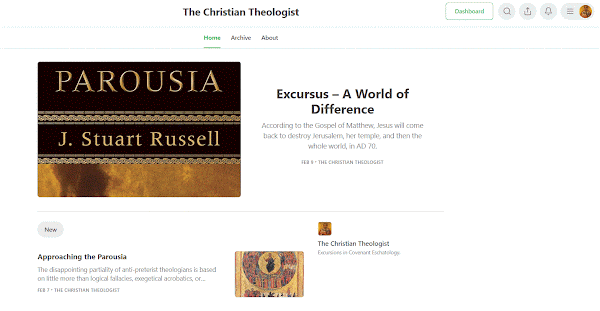“Coin-eh” or “Keen-ee”?
How do you pronounce Κοινή?
Like most English-speakers who learn Koine Greek, I learned Erasmian pronunciation, the standard academic method for non-Greeks since, well, Erasmus of Rotterdam produced his Novum Instrumentum omne in 1516; and judging from this post on the Logos Bible software blog, "Academic," it will remain so for a long time to come.
In my own case, however, last July I suddenly developed an interest in modern Greek pronunciation. I immediately headed to YouTube, my go-to place for all my how-to needs. As Providence would have it, I ran across Dr. Philemon Zachariou's video "GREEK PRONUNCIATION 2 (Phonetics)". I was inexplicably captivated, and determined from that moment on to start using modern Greek pronunciation:
Desiderius Erasmus
From his Greek Linguistics website, we read the following:
Philemon “Phil” Zachariou graduated from high school in Greece and from a Bible school in England, and holds a B.A. and M.A. in applied linguistics and a Ph.D. in religious education. Retired, he writes and teaches Greek and English. During most of his career as an educator and public school administrator he taught, among other college subjects, Greek at California State University, the Golden Gate Baptist Theological Seminary, Adult Education, and Capital Bible College. He currently teaches at Northwest University.
In an effort to strengthen his case for teaching modern pronunciation to Koine students today, Phil has another YouTube video on the historical development of modern Greek pronunciation:
If you're still not sure you want to change your Greek pronunciation, just let the beautiful, mellifluous sound of a modern Greek-speaker reading the Koine Gospel of John sink into your soul. If this doesn't convert you, nothing will!






Comments
Post a Comment